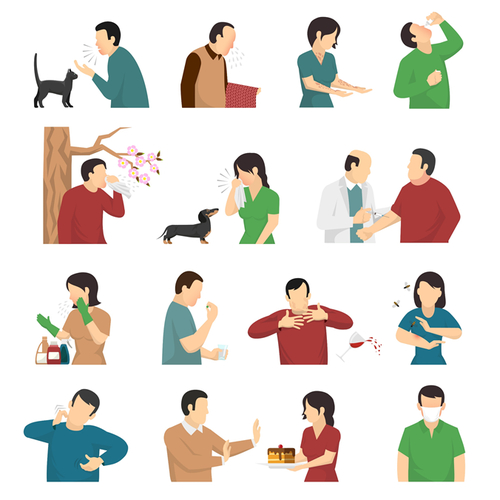
Allergen immunotherapy
Alternative names: Allergy Shots, Desensitization, Intranasal Immunotherapy, Oral Immunotherapy, Rush Immunotherapy
vital.ly has licensed professional monographs from TRC Healthcare. Full monographs are available to Pro practitioner accounts.
This monograph was last reviewed on 20/04/2015 20:59:46 and last updated on 17/04/2015 20:54:18. Monographs are reviewed and/or updated multiple times per month and at least once per year.
Natural Medicines disclaims any responsibility related to medical consequences of using any medical product. Effort is made to ensure that the information contained in this monograph is accurate at the time it was published. Consumers and medical professionals who consult this monograph are cautioned that any medical or product related decision is the sole responsibility of the consumer and/or the health care professional. A legal License Agreement sets limitations on downloading, storing, or printing content from this Database. No reproduction of this monograph or any content from this Database is permitted without written permission from the publisher. It is unlawful to download, store, or distribute content from this site.


